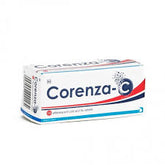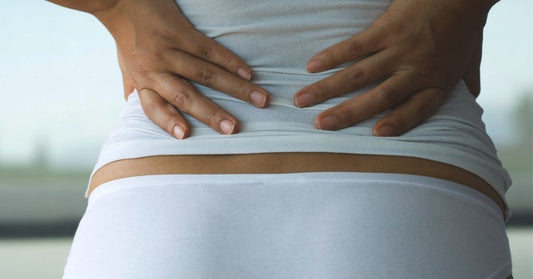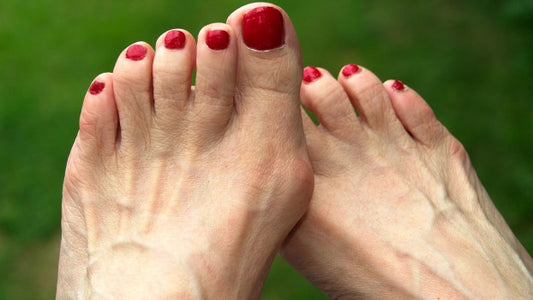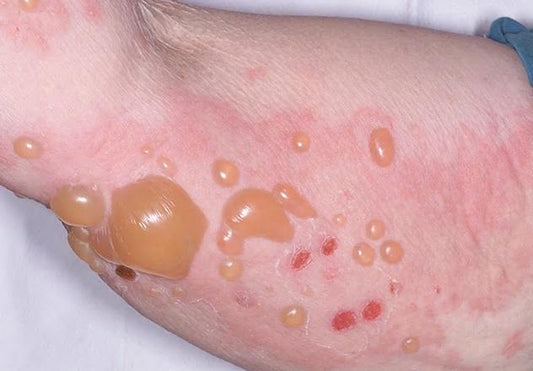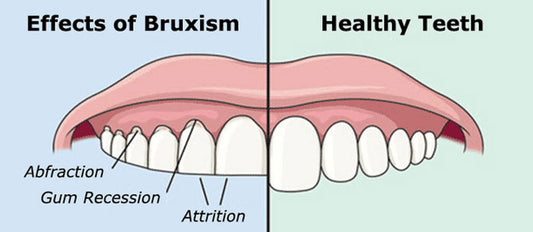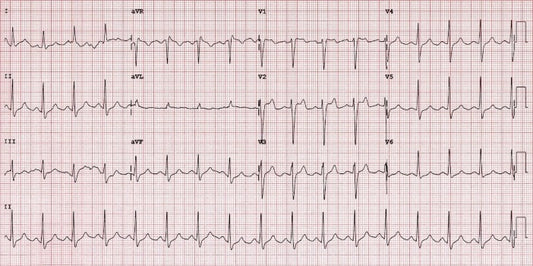featured Buttock pain
On by ZimSeller Pharmacy 0 comments
Bunions
On by ZimSeller Pharmacy 0 comments
Bullous pemphigoid
On by ZimSeller Pharmacy 0 comments
Bruxism
On by ZimSeller Pharmacy 0 comments
Brugada syndrome
On by ZimSeller Pharmacy 0 comments
Brucellosis
On by ZimSeller Pharmacy 0 comments
Bronchodilators
On by ZimSeller Pharmacy 0 comments




